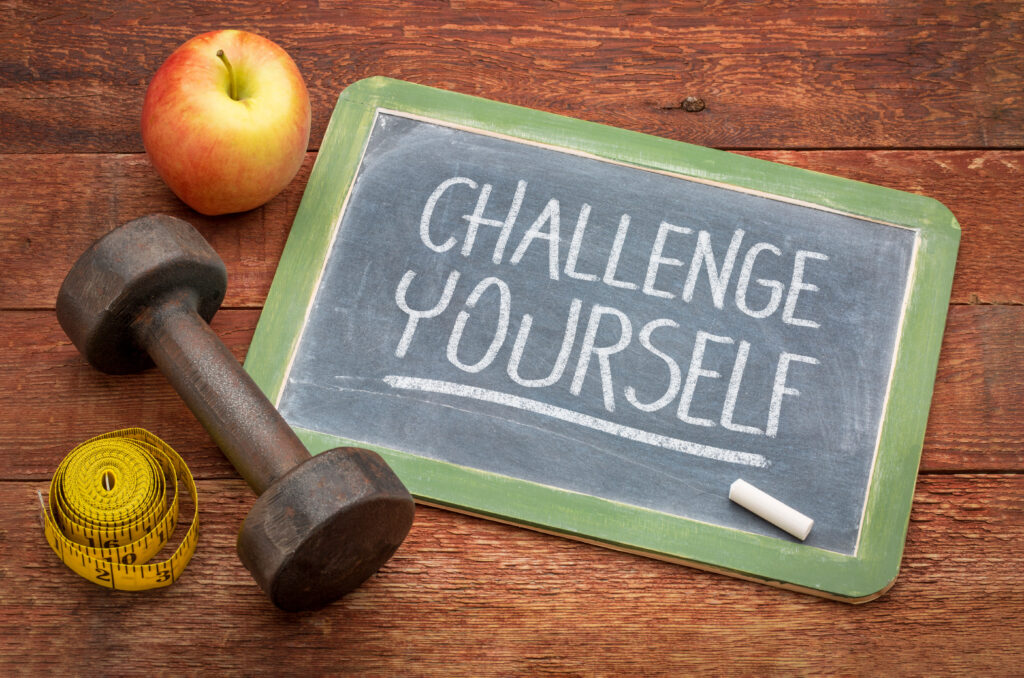The Benefits of Social Media
Whether it’s catching up with people from school days or laughing at the latest cat meme, social networking has become a staple in our daily lives. The internet has its downfalls, but the ability to reach large numbers of one’s friends, family, and acquaintances in one keystroke regardless of where they live is a feat that is actually quite remarkable – and helpful!
There are groups for nearly every hobby, television show, sport, vehicle, and illness online, and these can be an invaluable resource to people in need of an opinion or answer in a clutch. If you’re going through something difficult, getting support from anywhere quickly can make the difference between a positive and negative outcome.
For people in recovery, belonging to a social network (or more than one) can expand the support system to include an entirely new group of comrades. People from all different places, all different walks of life, and all different situations who have one thing in common – recovery – are able to ask and answer questions and share their struggles or stories.
Traditional Peer Coaching
Peer coaching is not a new concept in recovery. Even in non-12-step programs there is the knowledge that forming acquaintances with others in similar situations helps recovery immensely. Group therapy, peer groups, mentoring sessions–whatever you choose to call it– has a number of benefits.
- Increased treatment retention
- Improved relationships with treatment providers
- Improved access to social supports
- Increased satisfaction with the overall treatment experience
- Decreased emergency department visits
- Reduced re-hospitalization rates
- Reduced relapse rates
- Decreased criminal justice involvement
- Reduced substance use (medicine for controlling issues)
- Greater housing stability
These are just a few things the reviewers noted in the research and interviews they studied. Since there is continually new research, new strategies being implemented, and evolving social networks, the benefits are also growing.
The Added Bonus of Social Media
Imagine you could have a chat with people from five different countries about a problem you’re facing in your recovery journey. They would all have different ideas, suggestions, and opinions based on their experiences and treatment – many of which you may have never thought of.
That is what the internet and social media in particular can bring to social networking for people in recovery. Even people in different parts of our own country and different age brackets will have varying ideas and experiences that can help others who are struggling.
You can follow influencers and recovery experts on social media for advice and tips, links to resources, Q&A sessions, daily affirmations, and much more. People who have been through the recovery progress are now helping others. St. Gregory also has a Facebook page you can follow!
The Flip-Side
As with anything (especially on the internet), there is a negative aspect to social media use. There will be people who troll these otherwise-helpful groups just to stir up trouble and cause arguments. Some sites will be more helpful than others or updated more frequently. Some will be geared specifically toward one aspect/substance disorder and frown upon generalized questions or non-topic problems.
Whenever people get behind the anonymity of a computer keyboard, it seems to provide a certain bravado or ego boost that can lead to harsh words being used. When reading typed posts, it is often difficult to judge what tone the author is using, leading to misunderstandings. Tempers flare, and the help one is looking for is replaced with a heated debate.
The best thing to do when it comes to social media is to remember it is not a replacement for actual social interaction but simply an additional pool to draw from. It can be a helpful source of information and ideas, but don’t forego your personal support system. The peers you meet on your recovery journey that help keep you grounded are the best lifeline for your sobriety.
We Are Here to Help
Whether they’re holding your hand or held in your hand, everyone in that support system (and everyone at St. Gregory) wants you to succeed! If you are having troubles with maintaining your sobriety or think a loved one may be at risk of relapse, help is just a phone call or instant message away. Use the “text us here” link on any of our website pages with any questions you may have about our facility, staff, or substance use disorders in general.











